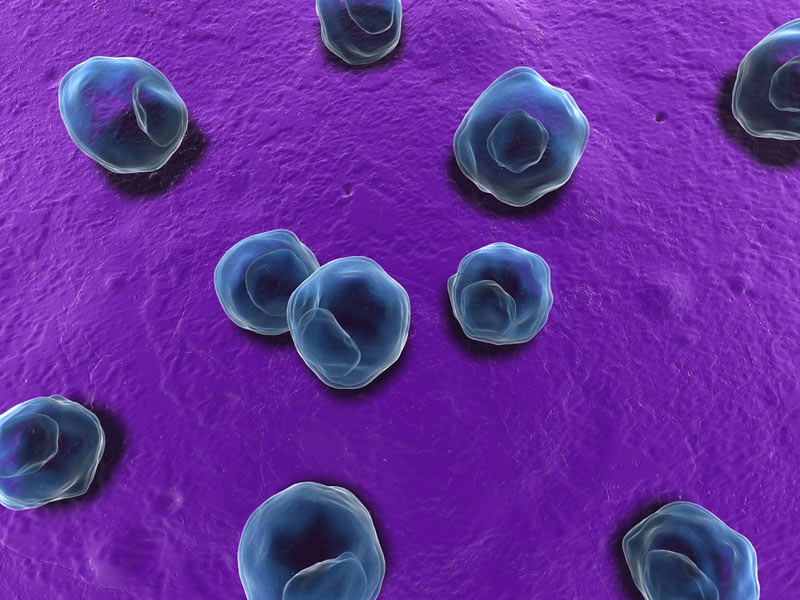1.8 Million Americans Have Chlamydia, Report Finds

Nearly 2 million people in the United States have the sexually transmitted disease (STD) chlamydia, according to new estimates from the Centers for Disease Control and Prevention.
In a new report, researchers at the CDC analyzed information from a national survey of more than 8,000 people ages 14 to 39 who provided urine samples for STD testing for the survey.
The researchers found that between 2007 and 2012, about 1.7 percent of people in this age group had a chlamydia infection, which translates to about 1.8 million infections nationwide.
Chlamydia infections were more common in people who had two or more sex partners in the last year. The researchers found that 3.2 percent of people with two or more partners had chlamydia, compared with 1.4 percent of people who had one partner. [Quiz: Test Your STD Smarts]
Sexually active women had a higher rate of infection than men (2 percent in women, versus 1.4 percent in men). Young women had a particularly high rate of infection: Among sexually active females ages 14 to 24, chlamydia infection occurred in 4.7 percent. Among young black females, the rate of infection was 13.5 percent, compared to 1.8 percent in white females.
Chlamydia screening is recommended for all sexually active women younger than 25, yet fewer than half of sexually active women are screened yearly, the CDC said. Screening is also recommended for older women who have new or multiple sex partners, and for men who have anal sex.
"Clinicians should routinely screen young women and men who have sex with men for chlamydia and ensure that infected patients and their sex partners receive timely treatment to prevent reinfection," the report said.
Sign up for the Live Science daily newsletter now
Get the world’s most fascinating discoveries delivered straight to your inbox.
Chlamydia is caused by bacteria and is the most commonly reported STD in the United States, but infected people often do not have symptoms, according to the CDC. If left untreated, chlamydia infections can cause pelvic inflammatory disease, infertility and ectopic pregnancy in women.
Follow Rachael Rettner @RachaelRettner. Follow Live Science @livescience, Facebook & Google+. Original article on Live Science.

Rachael is a Live Science contributor, and was a former channel editor and senior writer for Live Science between 2010 and 2022. She has a master's degree in journalism from New York University's Science, Health and Environmental Reporting Program. She also holds a B.S. in molecular biology and an M.S. in biology from the University of California, San Diego. Her work has appeared in Scienceline, The Washington Post and Scientific American.










